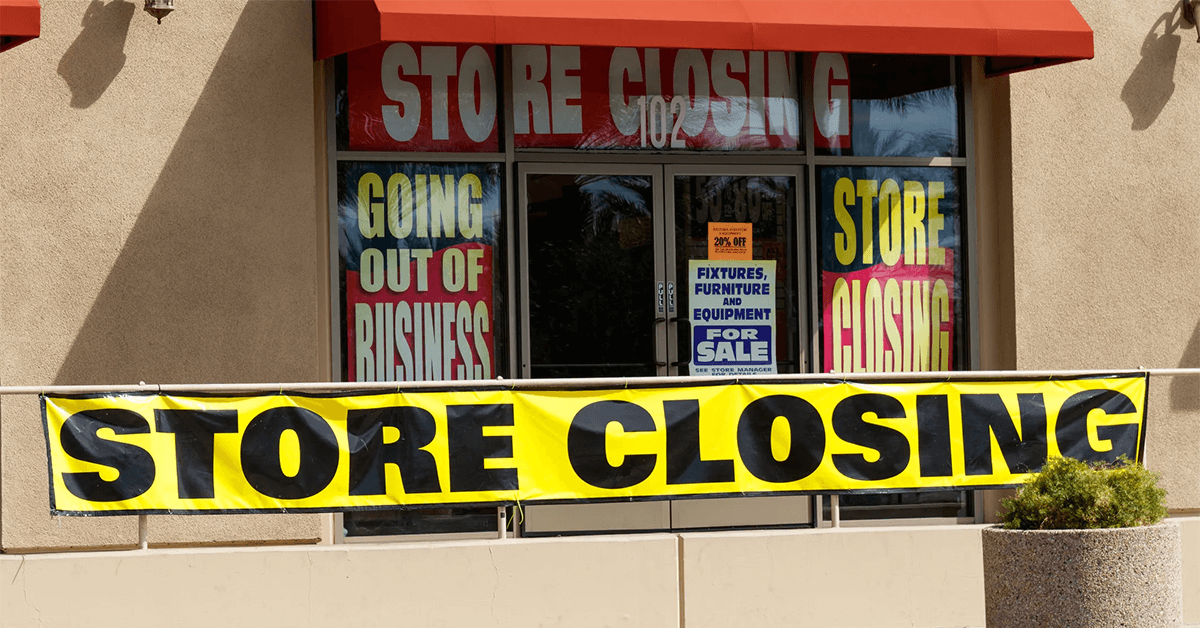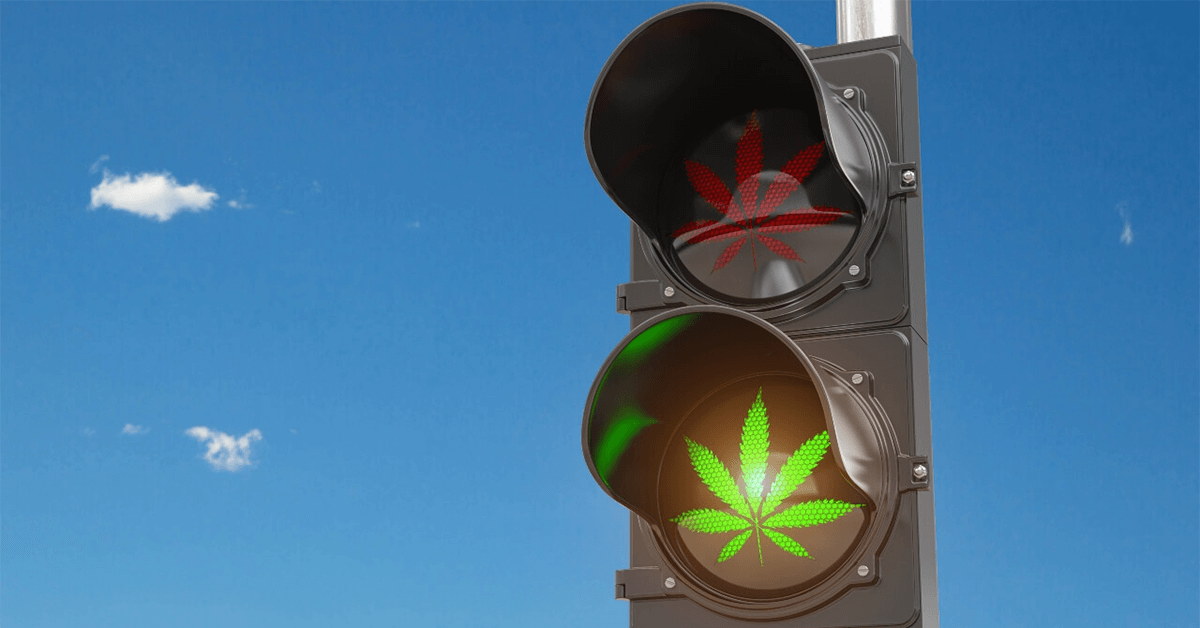Michigan's Cannabis Market Adjusts as Dispensary Closures Increase

Six years after Michigan legalized recreational cannabis, the state's dispensary landscape is undergoing significant changes, with numerous stores closing due to market adjustments. Experts attribute this to the natural evolution and maturation of the industry.
In Lowell, one of the pioneering cities for cannabis dispensaries in Michigan, the initial boom is now witnessing a contraction. City Manager Mike Burns noted that Lowell once boasted nine recreational cannabis dispensaries and three cultivation centers at its peak in 2022. However, the city currently has only five operational dispensaries.
"We anticipated a market correction," Burns said. "We never expected all nine facilities to remain open indefinitely."
Josh Covert, CEO of Meds Cafe—the first cannabis shop in Lowell—highlighted several factors contributing to the city's initial high number of dispensaries. "When Lowell allowed dispensary licenses, there weren't many other cities doing the same. This scarcity drove interest from investors nationwide," Covert explained.
Covert, who also founded Michigan Cannabis Lawyers and served on the board of MI Legalize, emphasized Lowell's early recognition of dispensaries' economic benefits. "Dispensaries created jobs and generated significant tax revenue for the city, varying from $50,000 to $60,000 per establishment annually," he said.
Lowell benefits from a 10% excise tax on cannabis sales, plus an additional 6% adult use sales tax. This revenue has been instrumental in funding infrastructure projects. "We've paved numerous streets in the past four years thanks to cannabis tax revenue," Burns noted.
The decline in dispensaries is partly due to nearby towns adopting cannabis licensing, which reduces Lowell's customer base. Despite this, Burns remains optimistic. "Statewide cannabis sales continue to rise, so our revenue should remain stable even with fewer dispensaries," he said.
Covert pointed out the complexities of operating in the cannabis industry, which include stringent state regulations, unique IRS taxation, and the inherent unpredictability of agricultural production. "A bad harvest can disrupt the supply chain significantly," he said.
Despite these challenges, Covert believes the market will eventually stabilize, with experienced operators prevailing. "The industry is still volatile, but we'll see a balance as more municipalities opt in and less sustainable businesses close," he predicted.
Looking ahead, Covert sees continued growth potential in Michigan's cannabis sector. "We haven't reached peak cannabis sales yet, mainly because large parts of the state still lack access to cannabis products," he stated. "As access expands, we expect the market to plateau at a sustainable level over the next few years."
Share this article:
Spotted a typo, grammatical error, or a factual inaccuracy? Let us know - we're committed to correcting errors swiftly and accurately!








 Helpful Links
Helpful Links